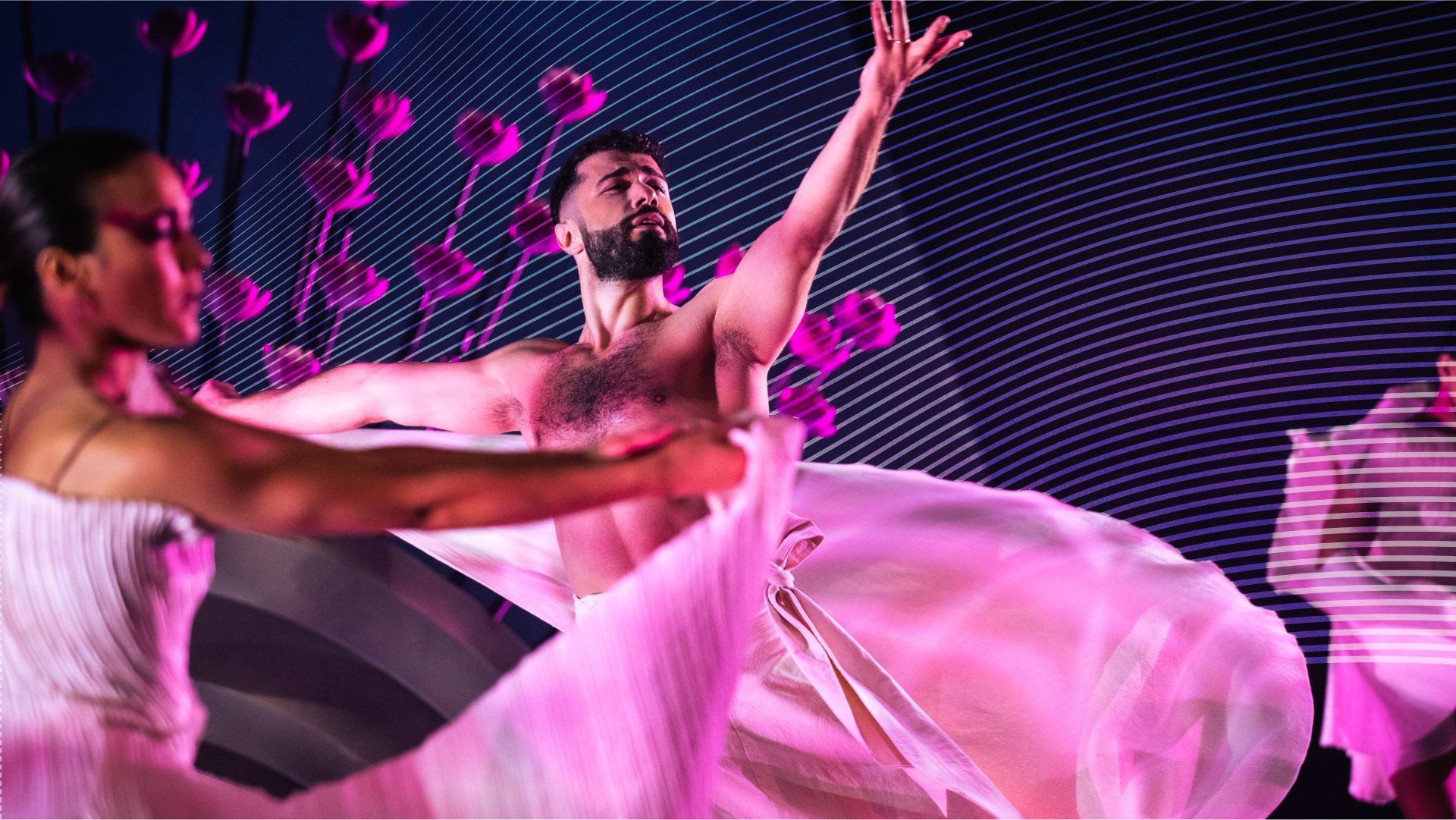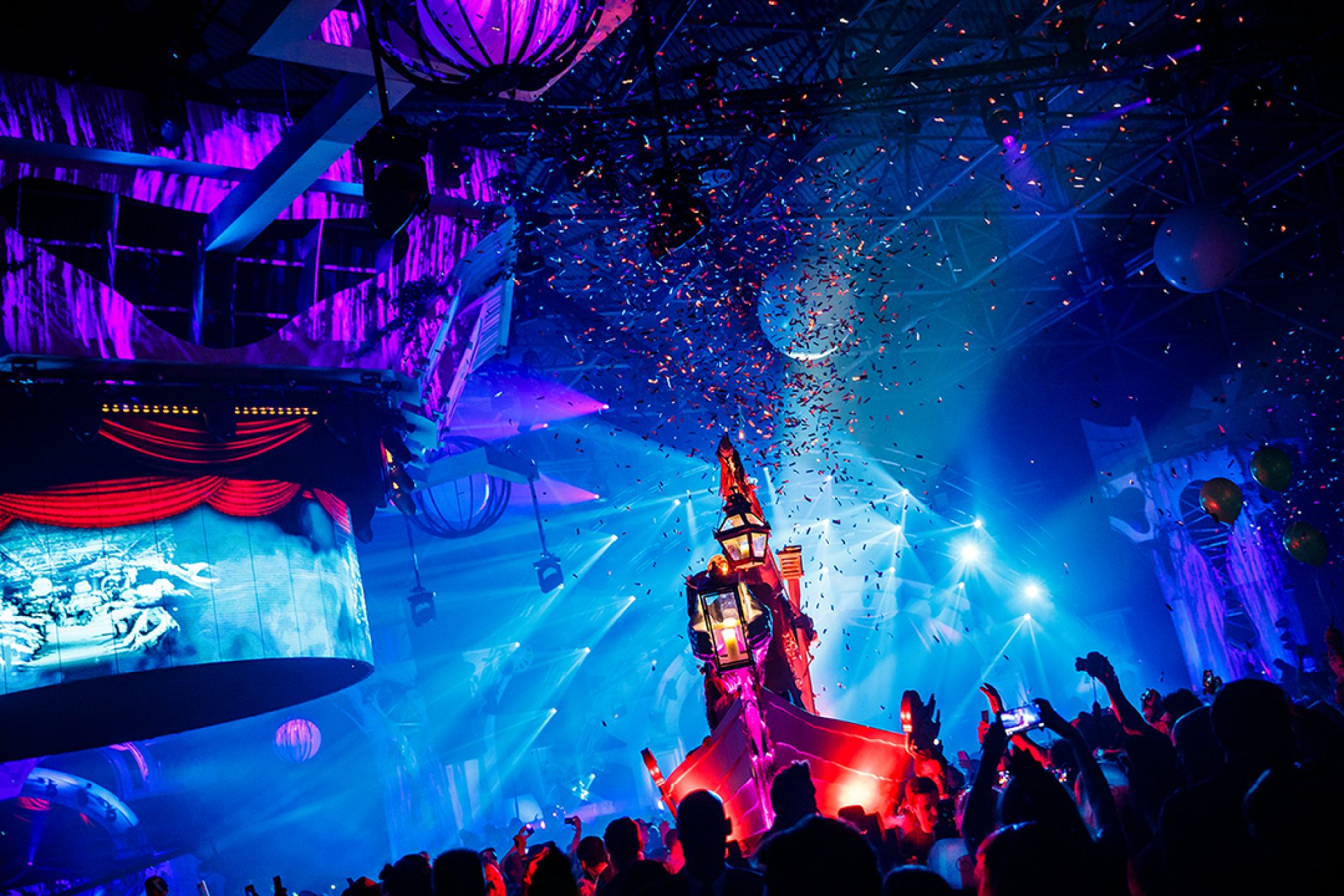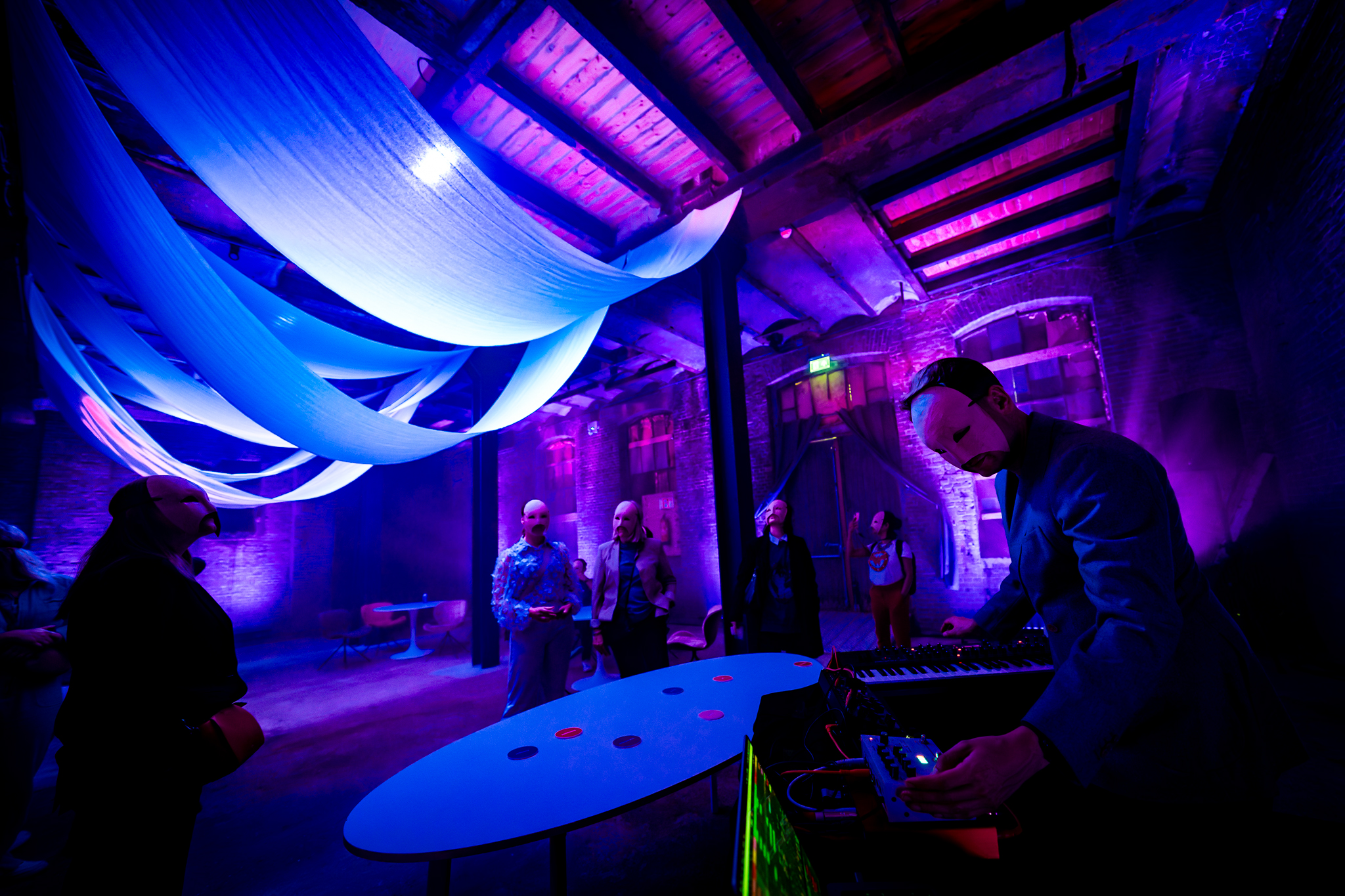Authenticity Matters: Showcasing Local Culture at Custom Corporate Dinners
When working on international dinner events, you have to be able to understand the nuances of various cultures. Personal respect and understanding will take you a long way, but adopting local networks ensures an authentic approach. Discover the four ways by which we approach local culture in corporate dinners.

There is a big difference between authenticity and imitation, especially when it comes to culture. While outsiders might struggle to spot such differences, locals will catch on immediately. When organising international events, cross-cultural understanding is not only preferred but expected. Even more so during intimate settings like corporate dinners.
How do you bring authenticity to a business dinner, with the proper respect and nuance? Let’s look at four ways you can expand cultural understanding and hit the mark for your next event.
1. Be ware of your own bias
Each person has some bias, one way or another. We are all products of our environment. We make sense of the world through the lens of our own experiences. Recognising this bias, however, proves to be more of a challenge.
Tip #1
The first thing to note is that biases develop unconsciously. We can only control the actions that follow. Some stereotypes will inevitably find their way into your head, especially if you have yet to be challenged on them. Exposure to a variety of people, cultures and experiences can make you more aware of your beliefs.
Biases develop unconsciously. The actions that follow are your own.
Tip #2
Know that you don’t have to figure everything out alone. While we tend to have a so-called “bias blind spot” for ourselves, we detect other people’s biases with surprisingly ease. This also applies vice versa. So keep an open mind when someone else makes a remark, or ask for feedback before you go all in on an idea.
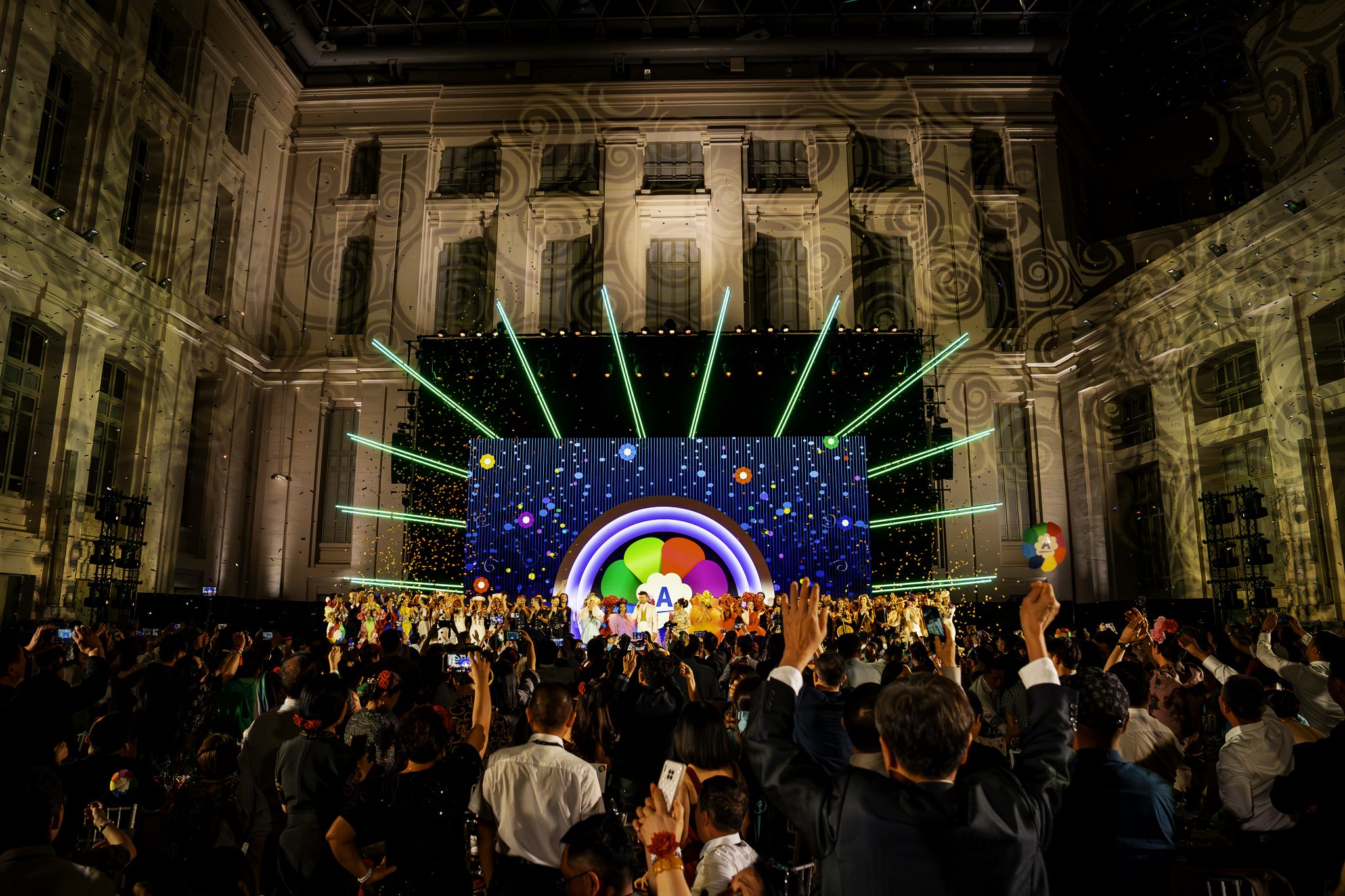
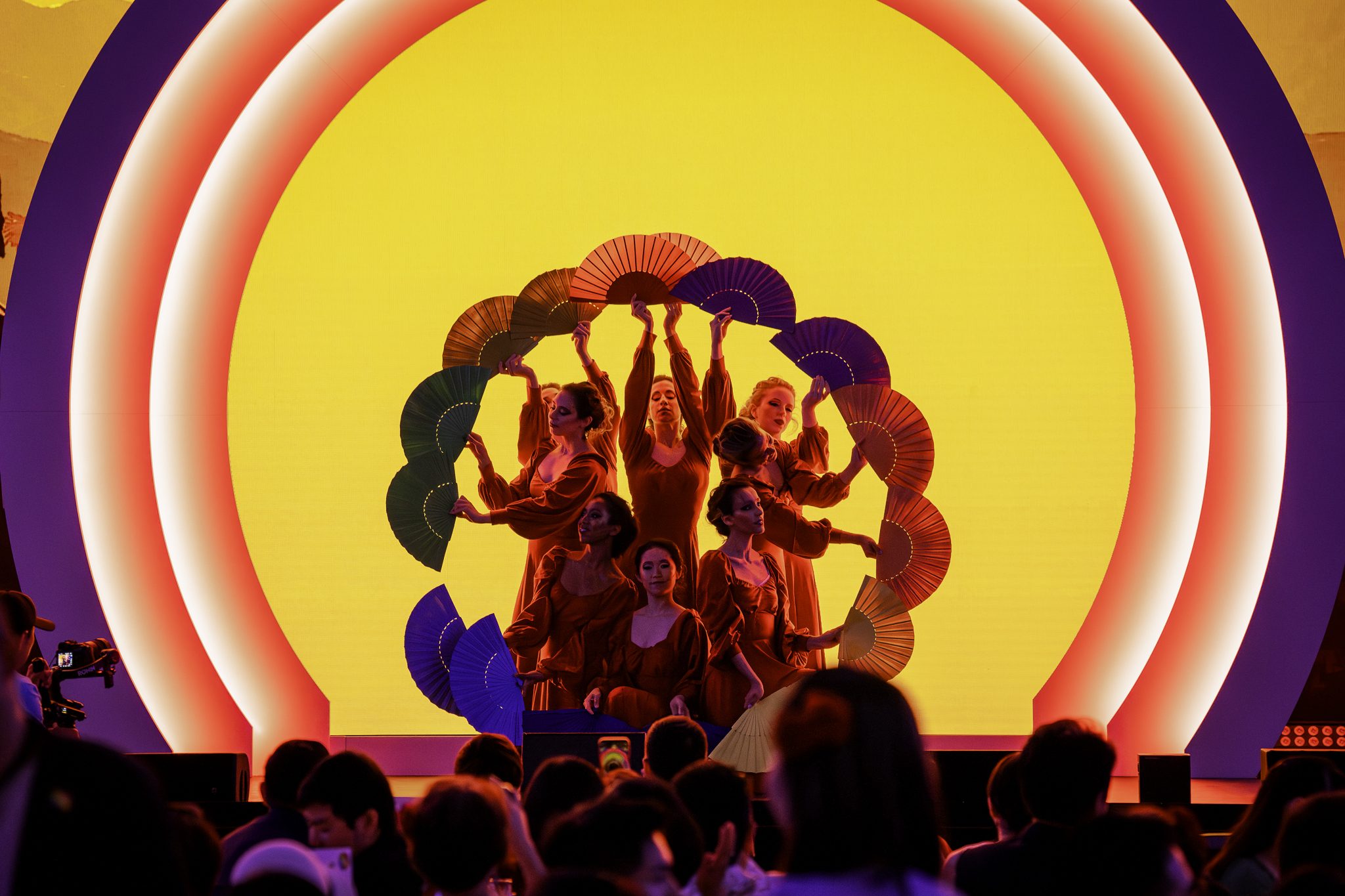
2. Learn which experiences matter
References require quality control, including your own. While you may associate certain elements with a culture, take a moment to note which experiences shaped your reference. Was it personal experience, second-hand stories or certain media? The wrong references can create an illusion of culture and confirm bias. So, how do you break through this illusion and get to the experiences that matter?
Tip #1
To surpass the superficial level, you have to re-evaluate general concepts. What signifies ‘Unity’ in one culture? What does ‘Gratitude’ look like in another? What does ‘Comfort’ sound like?
For an executive dinner in Japan, the evening revolved around long-term partnerships. When we explored the concept of time, we found that longevity is traditionally symbolised by the crane. We wanted to represent the birth of a long and fruitful partnership between our client and Japan. We did this by creating an egg of a crane, made from 30.000 blossom petals, referencing the famous blossom season. The “hatching” initiated the evening, and was the reference point for the CEO to open his speech with.
Tip #2
Research which things your client (and their guests) has already experienced. Traditions often take place at specific moments throughout a person’s lifetime, likely tied to a sense of comfort. How can you connect these cultural experiences to another culture? Or to your message, the venue and the music?
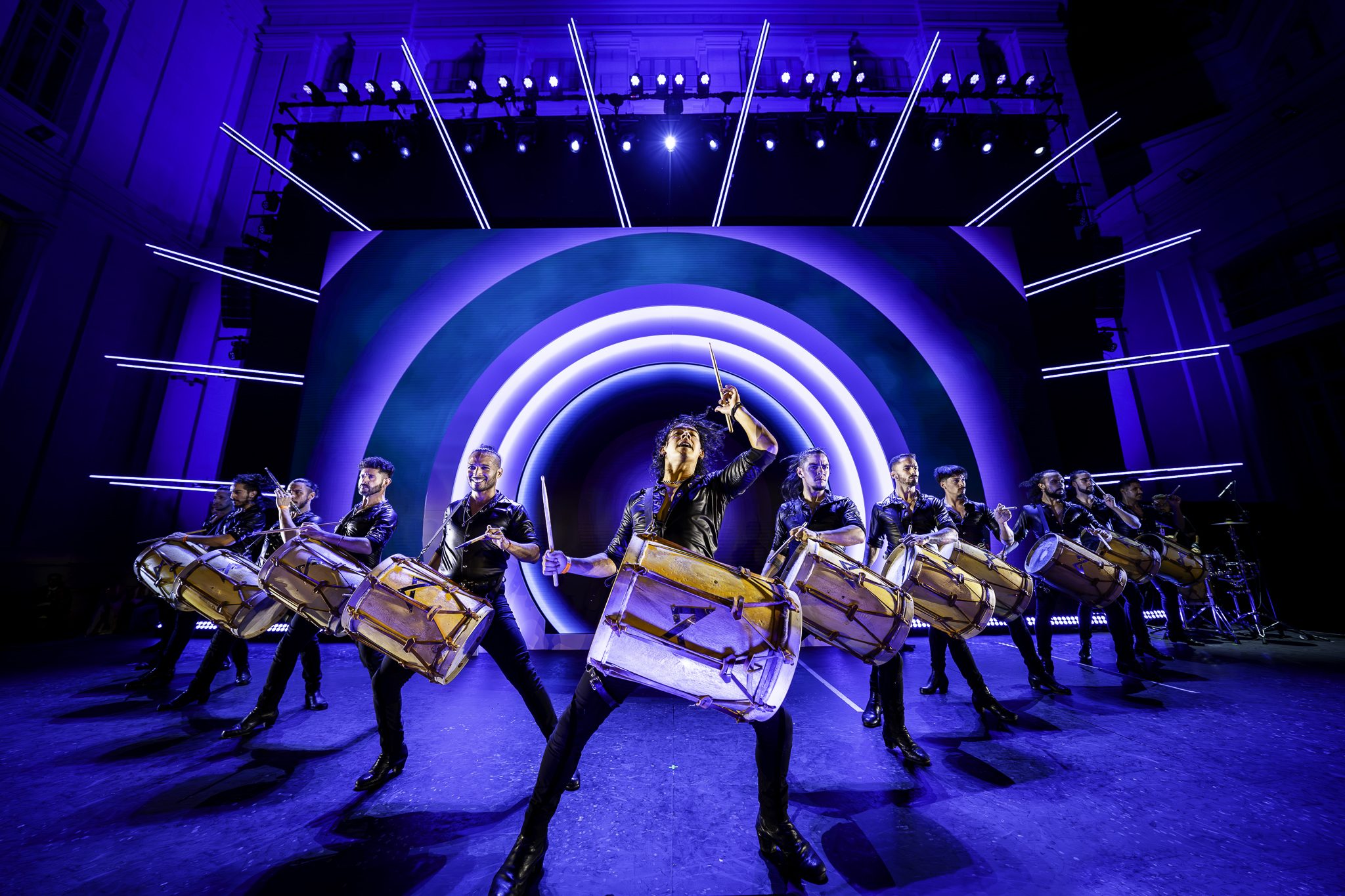
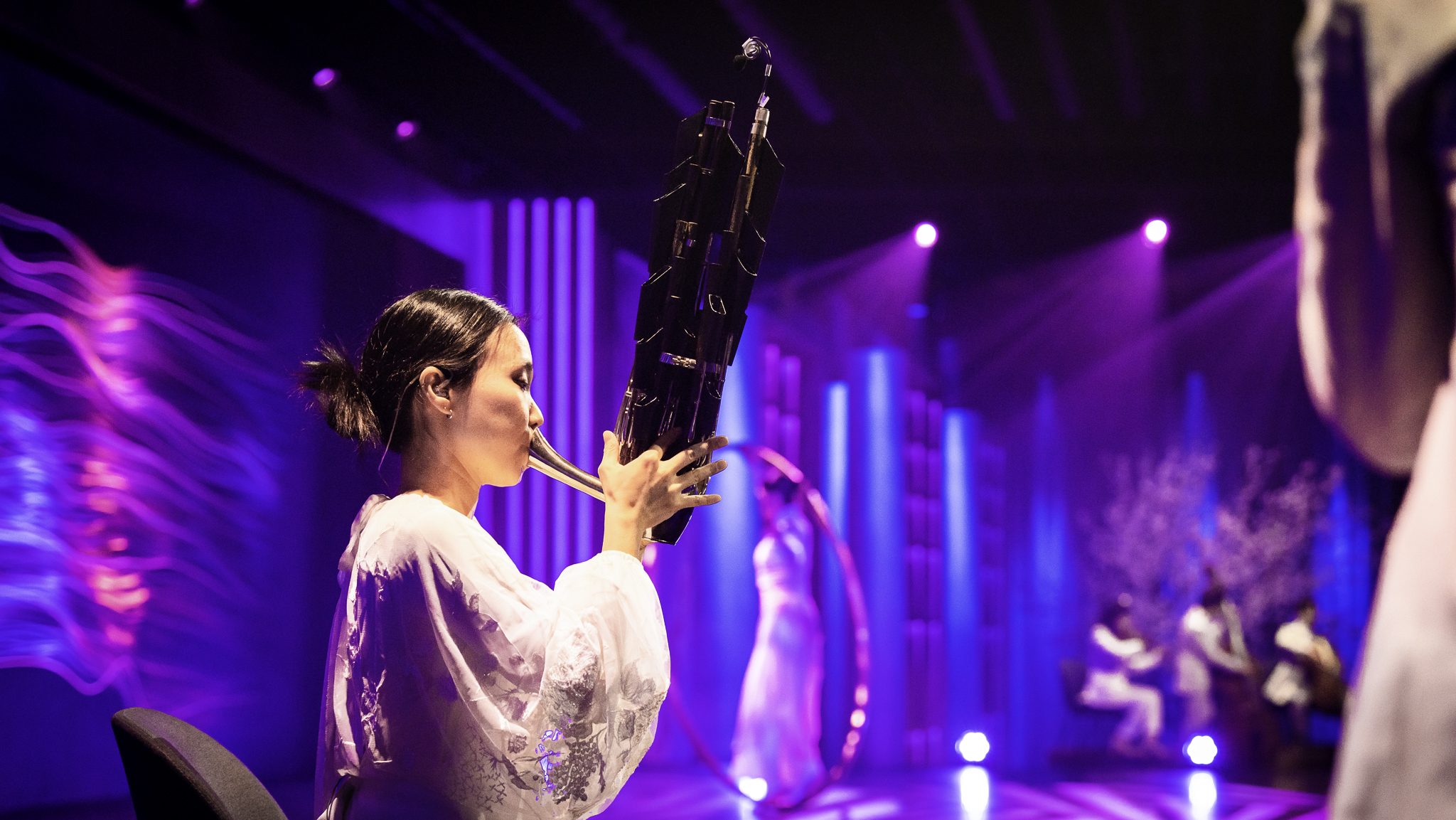
3. Get familiar with the local network
As mentioned before, you don’t have to figure everything out yourself. We frequently reach out to contacts all across the world, such as South Korea, Japan, UAE and Saudi Arabia. Native contacts notice local developments much easier than we ever could.
Furthermore, a local network can get you in touch with the right crew and suppliers, increasing cost-efficiency, flexibility and making for a more sustainable event. Their knowledge and experience also offers support when dealing with rules and regulations. That kind of liaison can be a real game-changer.
4. Scout ahead
By the time the dinner invites go out, it’s too late to start your research. It takes time and effort to do the client and their heritage truly justice. At the same time, reaching out to someone you have met once before rarely solves this problem. Can you rely on someone you don’t know with potentially sensitive information? This is why we cultivate and maintain international relations beforehand.
Back when we created our first show for an Arab client, we took time scouting talent and potential partnerships. While learning about Arabic tradition and musical instruments, we built relationships with experts from the local scene. When we develop a custom show nowadays, we can find the right talent for any moment or musical tone. We can reach out to our contacts, double-check our bias and establish a high-end ensemble without delay.
Our local network saves our client time and ensures quality and relevance.
Respect and consideration are fundamental when it comes to international relations. Understanding cultural nuances, staying aware of our own biases and relying on native expertise makes cross-cultural understanding possible. This helps us create custom live shows that hit the mark.
Let’s continue to grow our local network and organise authentic corporate dinners. To help you along the way, we’ve compiled a data-based whitepaper to maximise the impact of your next business dinner. Find your free copy here:
